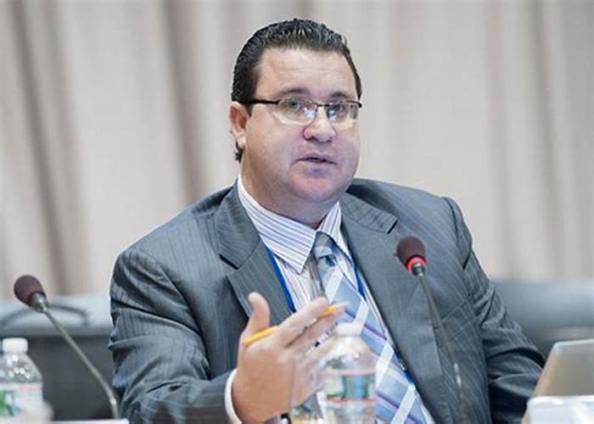The World Bank says Ghana’s macroeconomic outlook faces significant risks, a situation that has compelled the government to seek support from the International Monetary Fund.
According to its 6th Ghana Economic Update, despite the country recording very strong growth rates in the last two decades, the fiscal economy remains fragile, given persistently low levels of domestic revenue mobilisation and shortfalls from energy sector State-Owned Enterprises, which the government has committed to fill.
The Bretton Wood institution said Ghana’s external position will be delicate as the current account deficit remain elevated while access to external financing will be constrained.
It reiterated that Ghana’s economic challenges have been largely fiscal as a result of low levels of revenue mobilisation and high expenditure as well as elevated public debt and financing needs. This coupled with the COVID-19 pandemic and the Russian-Ukraine war has pushed inflation and interest rates to alarming levels and threatened the monetary economy.
“Ghana’s revenue efforts have been lower than her peers [Sub-Saharan African countries] for several decades; inflation has surged at rates higher than peers.”
“Ghana has recently had more fiscal and debt challenges than her peers”, it added.
The overall fiscal deficit went up to 15.2% of Gross Domestic Product in 2020 and was still high at 11.4% of GDP in 2021. The fiscal deficit at the end of the first quarter of 2022 stood at 11.3%, the deficit was in target.
Then debt has also shot up from about ¢128 billion in 2016 to over ¢360 billion, approximately 78% of GDP as of March 2022.
Growth outlook
The World Bank also said the growth outlook is subject to considerable risks if Ghana fails to address debt and fiscal sustainability.
“Growing reliance on domestic capital markets for financing could drive up interest rates, limit access to credit by the private sector, and put a strain on the financial sector. Fiscal slippages would significantly threaten debt sustainability. Higher than expected inflation and exchange rate pressures could hurt the recovery and put pressure on international reserves”.
The war in Ukraine and the recent COVID-19 outbreak in China threaten to dampen the timid global recovery that began in 2021, adding, it is already affecting Ghana’s economy, exacerbating prior inflationary pressures and financing constraints.
“Key near-term effects for Ghana include higher commodity prices, higher inflation, hastening of monetary policy tightening and lower household incomes and increase poverty rates. Others are pressure to introduce fuel subsidies, higher price of inputs such as fertilizers and metals will negatively impact construction, manufacturing and agriculture”.
Again, it said there will be currency depreciations and rising risk premia as well as compounding debt vulnerabilities.
Way forward
Meanwhile, the World Bank wants the government to implement rigorous reforms to strengthen the macroeconomic framework and rebuild buffers.
They include debt sustainability, expenditure rationalisation and contingent liabilities/
Other are aggressive revenue mobilization and effective monetary policy.
Latest Stories
-
Boakye Agyarko urges reforms to revitalise NPP after election defeat
13 minutes -
Finance Minister skips mini-budget presentation for third time
14 minutes -
‘ORAL’ team to work gratis – Ablakwa
22 minutes -
Affirmative Action Coalition condemns lack of gender quotas in Transition, anti-corruption teams
31 minutes -
December 7 election was a battle for the ‘soul of Ghana’ against NPP – Fifi Kwetey
33 minutes -
Social media buzzing ahead of Black Sherif’s ‘Zaama Disco’ on December 21
47 minutes -
Afenyo-Markin still suffering from the massive defeat – Fifi Kwetey
54 minutes -
Retain Afenyo-Markin as NPP leader, he has experience – Deputy Speaker
1 hour -
Kufuor didn’t leave behind a strong economy – Fifi Kwetey
1 hour -
It won’t be business as usual, remain humble – Fifi Kwetey to party members
2 hours -
Ebenezer Ahumah Djietror appointed as new Clerk to Parliament
3 hours -
Actress Benyiwaa of ‘Efiewura’ TV series dead
3 hours -
Ashanti Regional Chief Imam dies at age 74
4 hours -
Africa Arts Network calls for tax reform to save Ghana’s theatre industry
4 hours -
SSTN Ghana Chapter reaffirms commitment to economic growth under new leadership
4 hours

